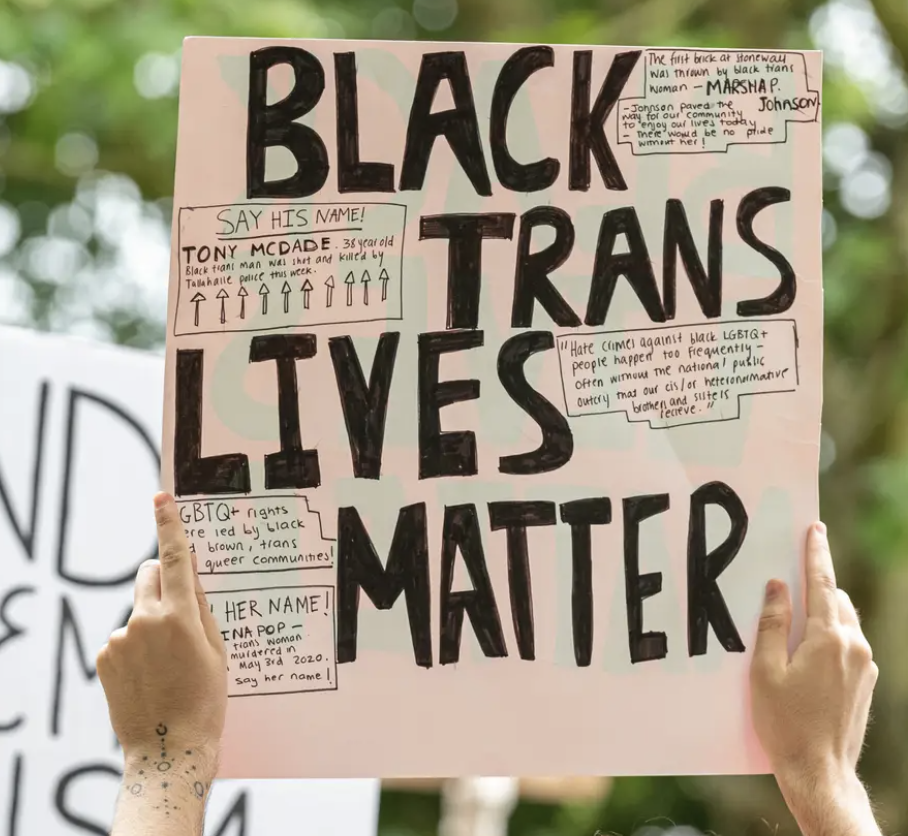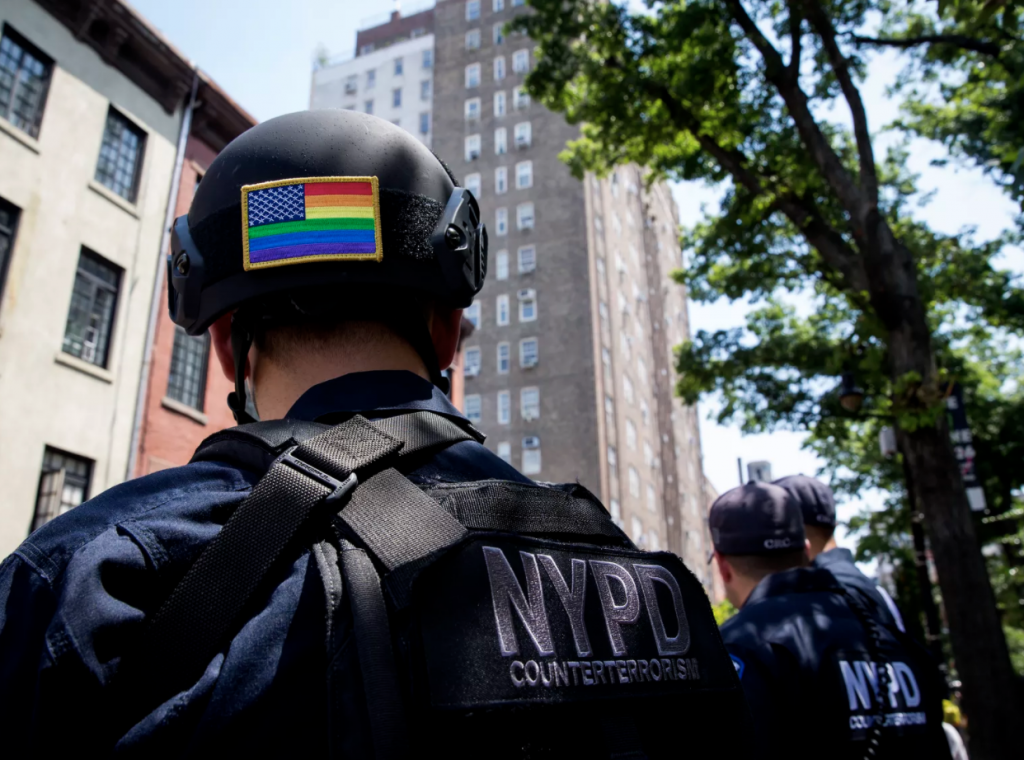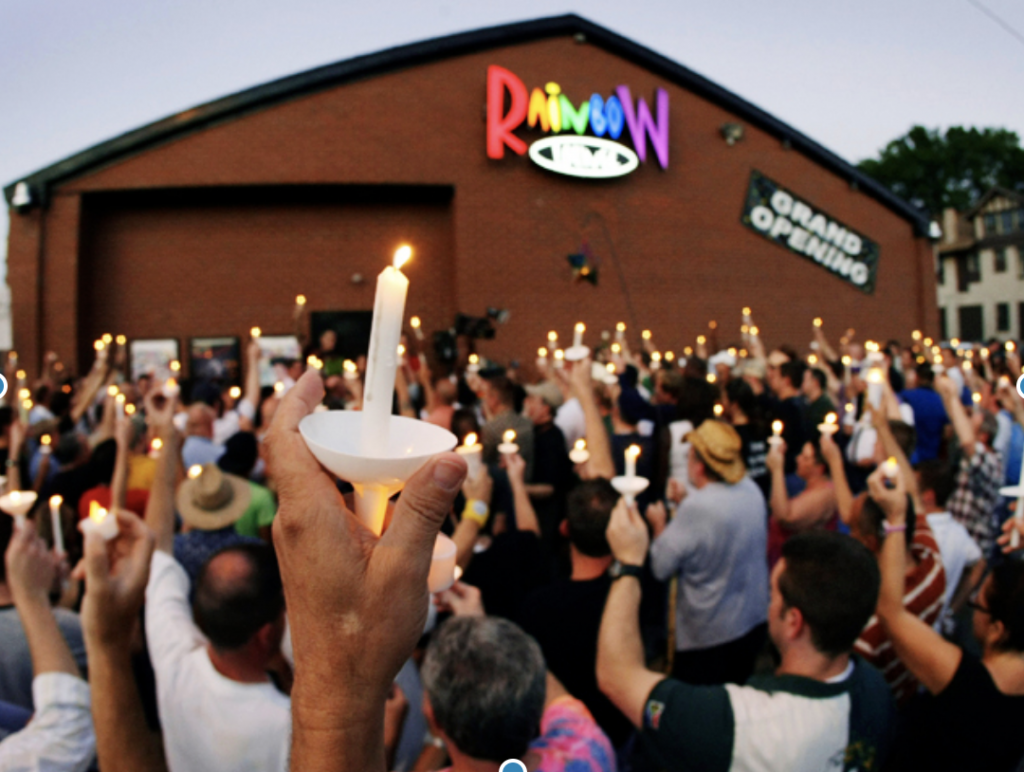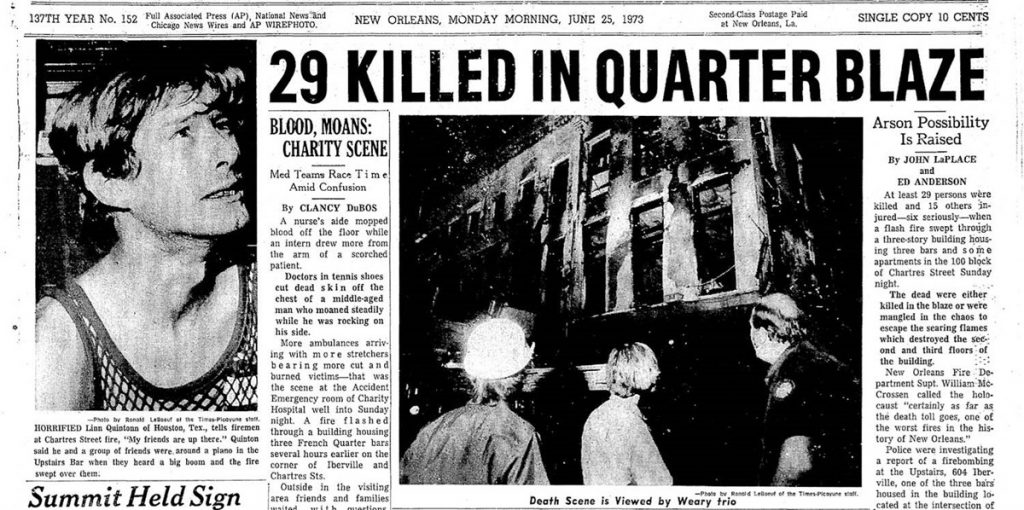Do Police Have a Place at Pride Parades?
In addressing their solidarity with the Black Lives Matter movement, the Indy Pride Board of Directors announced that it would no longer have a police presence at any of its future events, including the Indy Pride Festival.
“Indy Pride will no longer contract with or utilize police departments for security at the Indy Pride Festival and other events, unless necessary for road closures,” the Indy Pride statement read.
Police departments will only be allowed to provide support blocking traffic at Indy Pride festivals due to a city mandate, but are not permitted to participate in the events.

Security for Indy Pride event will be sought out through private firms to still maintain a safe environment for all attendees.
“We know there are many in our community who are law enforcement professionals and you are welcome at our events and still part of our community; however, we respectfully request that you do not wear your uniform at the Indy Pride Festival or other events,” Indy Pride’s announcement read.
Police used to raid gay bars, beat us, and entrap us. Now they march in Pride parades.

The debate over whether to allow police officers to march in Pride parades isn’t new: In 2016, Toronto Black Lives Matter staged a protest during Pride to demand, in part, that police floats and booths be removed from the parade. Uniformed cops have been banned from marching ever since, a decision reaffirmed in a vote by Pride organizers this year.
In San Francisco, the memory of Compton’s Cafeteria Riot has fueled Gay Shame, an activist group made up mostly of trans POC, who have long peppered the city with stickers that say ‘œKick cops and corporations out of pride.’


In Nashville, a campaign called No Pride in Police aimed to stop police from setting up a booth during Pride weekend. Police agreed to march wearing t-shirts instead of uniforms, and ultimately no booth was set up’”though Pride organizers said the police had not signed up for a permit in time.
Minneapolis police officers decided not to march, either.
The significance of that year’s anniversary has not been lost on police departments. After decades of pressure from LGBTQ activists, New York City Police Department Commissioner James P. O’Neill issued a handwritten apology this month for the NYPD’s involvement in Stonewall, saying the violence was ‘œwrong,’ ‘œdiscriminatory, and oppressive.’
Nashville police also acknowledged the work they still need to do to build trust. ‘œThis profession historically has had some not so good people working in it,’ MNPD Sergeant Catie Poole told the Tennessean. ‘œWe’re trying to reach out that olive branch and mend the bridges that have been broken or nonexistent in the past.’

But Devich Cyril, the activist in Oakland, said police getting involved in Pride is little more than marketing, and can’t erase the violence and discrimination that continue. ‘œThe only thing that would increase trust between cops and communities of color and queer people is if officers stop killing us; stop brutalizing us; and stop getting away with it,’ they said.
That’s a belief driving much of this year’s organizing: That the Stonewall violence LGBTQ people are memorializing isn’t far removed from the present reality. In October, Nashville police officers were reprimanded for mocking a trans woman on social media, according to the Tennessean.
In Sacramento, where calls to ban police from a Pride weekend at the beginning of the month were not heeded, activists point to the recent arrest of a black trans woman as evidence that more must be done. After protesting the killing of an unarmed black man, she was put in the male section of the county jail, and searched by men.
There are practical reasons for the police presence at Pride events, amid fears that parades could become sites of violence. Indeed, it was a 2016 shooting at a gay nightclub in Orlando, Florida, that prompted a police presence at Toronto Pride’”which in turn spurred Toronto Black Lives Matter’s eventual backlash.
Data about LGBT People the Criminal Justice System
Several studies find that LGBT people are more likely to be incarcerated than the general population. Similar to the numbers for the broader population of people in the criminal justice system.
Law enforcement agencies in the United States regularly discriminate against and harass lesbian, gay, bisexual and transgender (LGBT) people, according to researchers at the University of California, Los Angeles.
LGBT people of color and members of the transgender community were most targeted by police officers, according to a report produced by the Williams Institute at the UCLA School of Law. The study drew data from various recent national surveys, court cases and anecdotal evidence.
Forty-eight percent of LGBT victims of violence polled in a survey reported experiencing police misconduct, the UCLA report said. Nearly half of transgender respondents in another national survey said they felt uncomfortable seeking police assistance.
There are some 9.5 million LGBT people in the United States, where sodomy laws existed in every state until 1961.
It wasn’t until 2003 that the U.S. Supreme Court declared those laws to be unconstitutional.
We still have a long road ahead especially with this administration that has turned back so many achievements and protections we gained from the Obama administration! Think about how many Transgender murder cases there are that are unsolved or homo-phobic gay beatings. The police may be more open-minded than they were before and appear to be friendlier but when it comes down to it our trust is still not fully there.


Leave a Reply